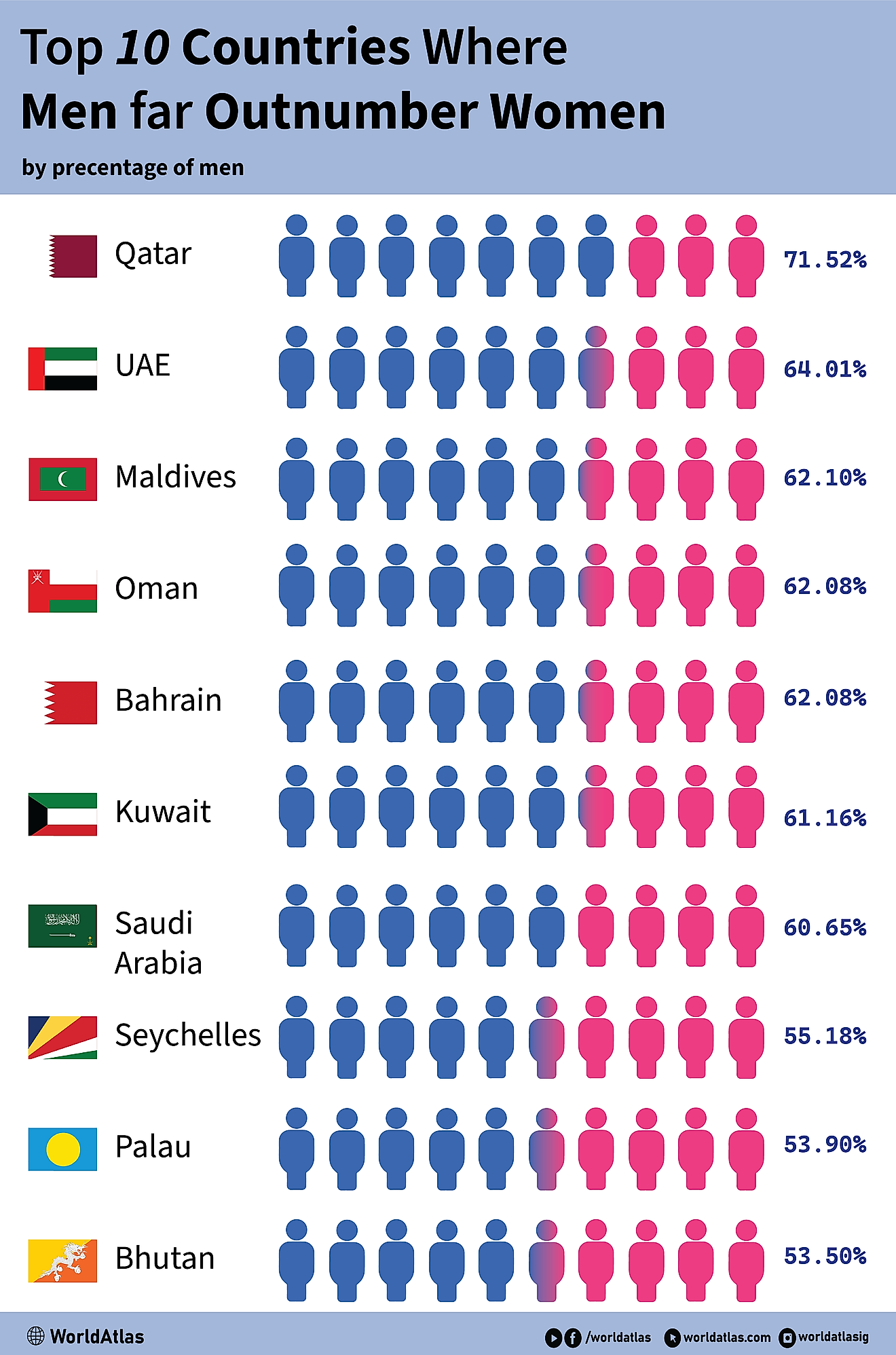The World's Oldest Dictionaries

A dictionary is one of the most useful books in the understanding of a language and learning of new words. It is a collection of words used in one or more languages. A dictionary defines a word, gives examples of its usage, and its correct pronunciation. It may also contain phonetics and translations of such words. A dictionary may be general or specialized. Unlike the general dictionary which contains a wide range of words in a language, the specialized dictionary has only words used in a specific subject or field such as medicine and geography. Other common types of dictionaries include defining dictionaries, prescriptive and descriptive dictionaries, and satirical dictionaries, among others. The earliest known dictionary is linked to the period of Sumeria, while the orderly study of dictionaries is credited to Ladislav Zgussta in the 20th century.
Oldest Dictionaries
Although the systematic study of dictionary began in the 20th century, records of the earliest dictionaries exist in various parts of the world. The cuneiform tablets of the Akkadian Empire are considered the oldest dictionaries. The tablets contain a bilingual list of the Sumerian-Akkadian words and were discovered around 2300 BCE in Elba, which is now modern day Syria. The oldest known monolingual dictionary is the Chinese dictionary which traces its origin in the 3rd century BCE. However, other sources have argued that the Shizhoupian dictionary produced in the 800 BCE is the oldest monolingual dictionaries, in contrast to other sources which consider it a calligraphic compendium.
The earliest known Homeric lexicon was produced by Apollonius the Sophist in the 1st century, while the Amarakosa, the work of the Amara Sinha in the 4th century CE, is considered the first Sanskrit dictionary. The Sanskrit dictionary has over 10,000 words written in verse form. The first dictionary in the Japanese language was produced around 850 BCE as a list of written Chinese. The earliest dictionaries written in the Arabic language were created in the period between 8th and 14th century CE, placing words in rhyming order or alphabetically. The Catholicon, published in 1287 by Johannes Balbus, was widely adopted and served as a reference for other bilingual dictionaries.
The first monolingual Latin dictionary known as the Dictionarium was printed in 1502 by Ambrogio Calepino, and was improved in the 16th century to include a multilingual list. In Europe, the first monolingual dictionary was written in Spanish and published in 1611 in Madrid, Spain by Sebastian Covarrubias. The Spanish dictionary served as a model for the first English and French dictionaries.
English Dictionaries
The earliest forms of English dictionaries were produced in the glossaries of different languages including French, Spanish, and Latin. The term “dictionary” was coined in 1220 by John of Garland. A non-alphabetical list of about 10,000 English words referred to as the Elimentarie was produced by Richard Mulcaster in 1582. The first purely English dictionary known as A Table Alphabeticall was created by Robert Cawdrey in the early 17th century, with the only surviving copy found at Bodleian Library, Oxford. In 1658, another English dictionary known as The New World of English Words was published by Edward Phillips. However, a more detailed dictionary titled A Dictionary of the English Language was produced by Samuel Johnson in 1755. It remained in use until 1884 when the Oxford English Dictionary was produced by the Oxford University Press.











